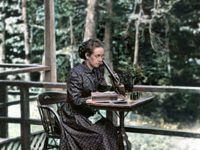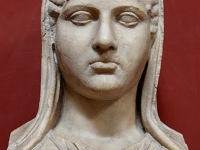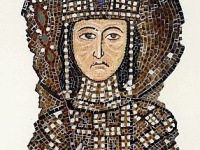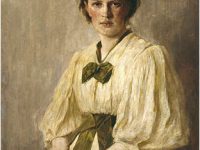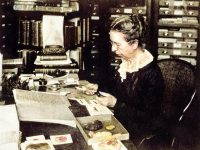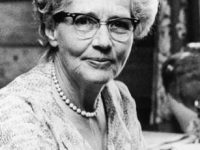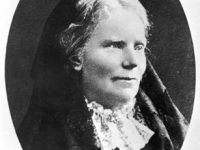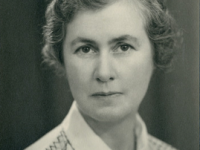Elizabeth Gertrude Britton Knight and the Study of Mosses
On January 9, 1858, American botanist, bryologist, and educator Elizabeth Gertrude Britton (née Elizabeth Gertrude Knight) was born. She and her husband, Nathaniel Lord Britton played a significant role in the fundraising and creation of the New York Botanical Garden. She is best known for her lasting contributions to bryology, the study of mosses. Elizabeth Gertrude Britton – Early Years Elizabeth Gertrude Knight was born in New York City, one of five daughters,…
Read more

